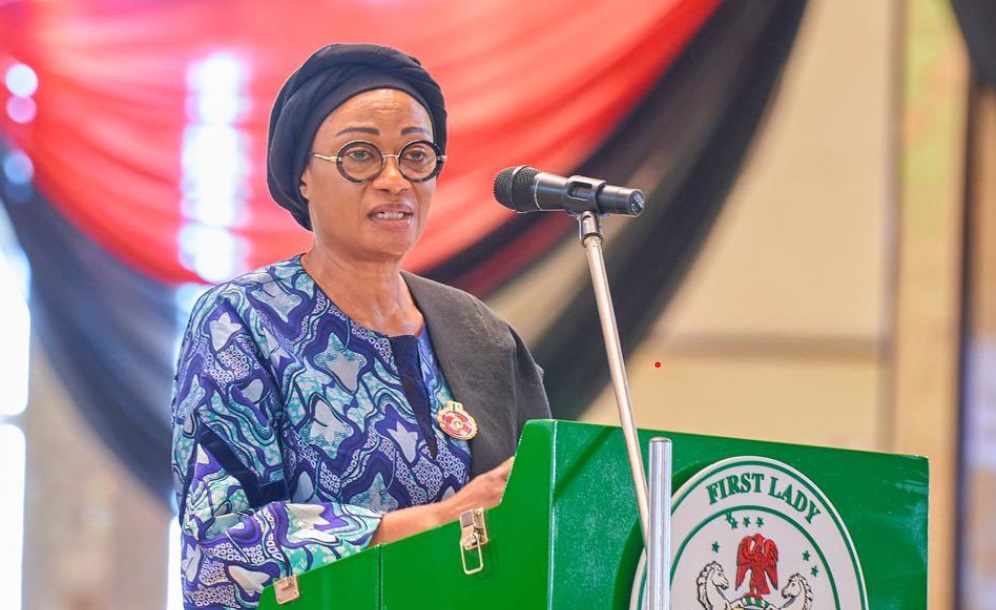The World Health Organisation (WHO) has warned that Non-Communicable Diseases (NCDs) are among Africa’s greatest development challenges, with rising deaths placing increasing strain on health systems across the continent.
Prof. Mohamed Janabi, WHO Regional Director for Africa, delivered the warning on Monday in Abuja during the 10th anniversary of the West African Institute of Public Health (WAIPH) and its 2025 conference, themed “Digital Innovation and Shared Leadership for Africa’s NCDs Response.”
In his keynote, “The Silent Epidemic: How NCDs are Threatening Africa’s Development,” Janabi said NCDs are projected to surpass communicable, maternal, neonatal, and nutrition-related diseases by 2030.
“This silent epidemic affects individuals, families, economies, and health systems across Africa, yet often goes unnoticed in clinic records, household finances, and preventable premature deaths,” he said.
NCDs—including cardiovascular diseases, cancers, diabetes, respiratory illnesses, and mental health disorders—accounted for 35.4 per cent of deaths in Africa in 2021, up from 21 per cent in 2000. Janabi highlighted the economic toll, noting productivity losses exceed $1 trillion annually, far outweighing current prevention spending of under $30 billion.
“Every dollar invested in NCD prevention yields seven dollars in benefits, yet productivity losses from NCDs are 38 times higher than current spending,” he said.
Janabi called for stronger primary healthcare, domestic financing, surveillance, access to medicines, and integrated, people-centred care. He also highlighted progress in cervical cancer elimination, noting that 32 African countries have introduced HPV vaccination programs.
Dr Francis Ohayindo, WAIPH Director-General, linked climate change to rising NCDs, warning that hotter temperatures and shifting disease vectors are worsening health outcomes. He urged technology adoption, including digital reminders and health promotion tools, to improve preventive care and early interventions.
Experts from Africa CDC, WAHO, and NGOs stressed the importance of digital innovations, domestic financing, stakeholder partnerships, and nutrition interventions to combat NCDs and improve health system resilience.
Dr Osita Okonkwo, Nutrition International Country Director, highlighted micronutrient deficiencies as a hidden driver of NCDs and called for greater government investment:
“Where you put one dollar in nutrition, you get 23 dollars in return. No child should go to bed hungry, and no pregnant woman should lack adequate nourishment.”
The conference concluded with calls for integrated, technology-driven, and locally funded strategies to tackle NCDs and strengthen Africa’s health and economic development.





